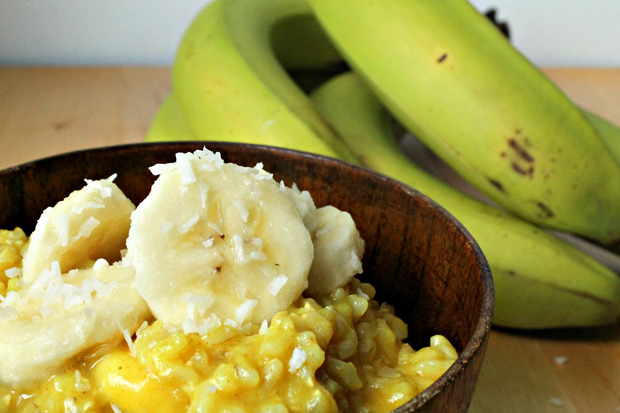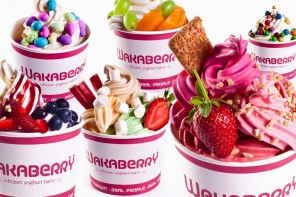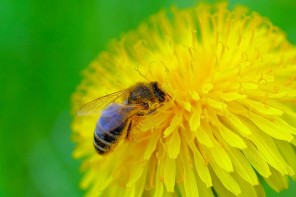Organic beauty is all about using natural, fresh ingredients instead of chemically-treated lotions and potions. Cosmetic companies are all too aware of the growing organic beauty trend, which is probably why you often see that ‘natural’ beauty products have been added to newly launched facial and cosmetic products. According to the Campaign for Safe Cosmetics, American women use an average of twelve beauty and personal care products each day, which means a lot of money gets spent on manufactured beauty products which may – or may not – be working. The good news is that nature can offer so many health and beauty benefits; and it’s pretty easy (and affordable) to add organic food to your beauty regimen yourself. Here are a few pointers:
Hair masks
Many of us go to the hairdresser or buy relatively expensive over-the-counter hair products in order to get a deep conditioning. Instead of buying a hair mask in a packet, rather opt for a natural solution. Avocado, for example, can be applied to your hair to repair damage and make your hair more manageable. To make an avo hair mask, mash an avo and mix it with olive oil. Apply it to your hair for 30 minutes and wash it off – you’ll be surprised how much softer your hair feels.
Banana, mixed with coconut, also makes a great hair mask that will help strengthen and smooth out your hair. To make a banana and coconut hair mask, mash two peeled bananas, ¼ cup of coconut oil, ¼ of a cup coconut milk and 2 tablespoons of jojoba seed oil. Put the ingredients in a blender and puree it until it becomes a smooth texture.
Natural face masks
There are a bunch of organic foods that you can use for face masks. Here’s a list of the top natural face mask ingredients:
- Avocados are great because they are rich in Vitamin C and Vitamin E (which is a perfect anti-aging combination). Mash an avo and add a tablespoon of honey, apply it to your face and leave it on for 15 minutes to give your skin a healthy, natural glow.
- Pineapples can make a great face mask if you’ve sustained sun damage. The powerful bromelain enzyme is a great anti-inflammatory and cleansing agent if your face is swollen.
- You often see cucumber slices placed over a person’s eyes when they’re getting a facial, but cucumbers can also be used for face masks. Skin the cucumber and use thinly sliced pieces to rub over your skin to reduce inflammation and puffiness.
- Aloe, which is part of the union family, can be used to reduce pigmentation and wrinkles. Aloe delivers oxygen to the skin which can help slow down aging.
Hair colour
Hair dyes are filled with chemicals and toxins that don’t only leave your hair brittle and limp after years of use, but it’s also bad for the environment. While natural hair dyes are usually met with horrified looks from hairdressers (I’ve been dying my hair with henna for years and I have yet to meet a hairdresser that doesn’t gasp in dismay about it), it’s actually a safer, greener and cheaper alternative.
Henna, for example, is a hair dye made from herbs, so there’s no peroxide in it. The advantages of henna is that there aren’t any chemicals that damage your hair and it’s much cheaper (about a fifth of the price) than ‘normal’ hair dye. The disadvantage is that you’re limited with colour options, seeing as henna usually comes in black and red. There are, however, people who add ingredients like organic coffee and tea to their henna to change the colour to a more natural brown or paprika to give the red a more orangy look. (*Reader beware: The reason why hairdressers are usually so appalled by the idea of henna is because it’s hard to remove, so be extra sure if you’re dying your hair with henna).
These are just a few ways in which you can start adding organic foods to your beauty routine. A bit of Googling and experimentation will give you many more options!











